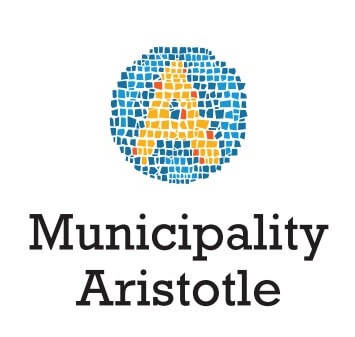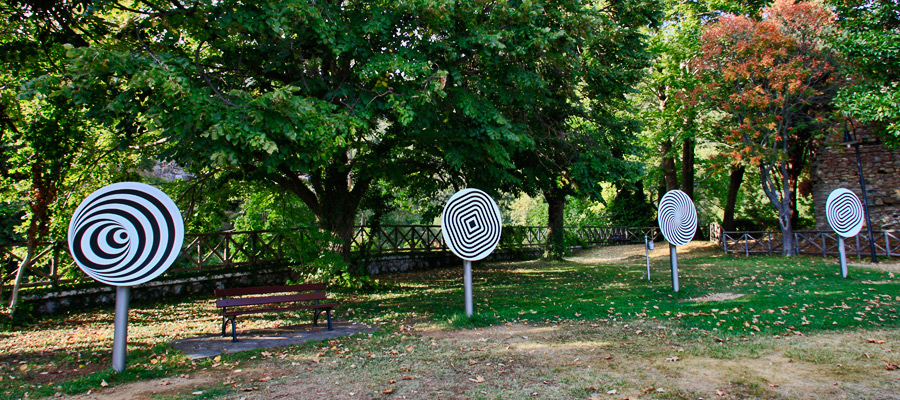Plato and Aristotle, through their conception of the purpose and subject of philosophy, became two highly significant paradigms and have influenced and continue to influence subsequent philosophers and scientists from the 4th century BCE to the present day. Notably, their teachings profoundly permeated Western philosophical and scientific thought up until the Scientific Revolution of the 17th century.
Plato was an aristocrat, a descendant of an old and distinguished family of kings and legislators, and the goal of his philosophy was the moral and political renewal of society. In contrast, Aristotle came from a relatively affluent family in Macedonia and, as a foreigner, did not have the right to participate directly in Athenian political life. Thus, for him, philosophy was an end in itself, serving merely the innate human need for knowledge. It is clear, therefore, that the two great philosophers perceived the subject of philosophy differently.
For Plato, philosophical theory stands apart from empirical knowledge, and by turning to its own objects—ideas—the moral and political renewal of society could be achieved. For Aristotle, the purpose of philosophy was not to conceive of an ideal world, as he believed only in the world of daily experience, which is complex and must be described by science. He accepted only one reality, that of individual substances—namely, humans, animals, plants, stars, and divinity—which are perceived through the senses.
According to Aristotle, reality consists of genera, each of which is the subject of a science and has its own principles. He advocated for the autonomy and independence of the sciences, in contrast to Plato’s pyramidal model, according to which all sciences depend on philosophy, and the deductive arrangement of knowledge he proposed. Aristotle distinguished essence from existence, form from matter, and linked truth to thought. He argued that truth is a logical coherence subject to judgment and agreement between concepts—the revelation of being. He also explored the nature of being and sought to explain the question of individuality.
Fundamental to science, according to Aristotle, is demonstration, which is linked to linguistic rules for structuring arguments. Demonstrations are based on premises and causes verified through experience. However, this experience is unrelated to experimentation; rather, it is based on sensory observation and reveals the reality and truth about the nature of the world. The goal of science, for Aristotle, is not the formulation of general laws but the penetration into the structure of all beings.



